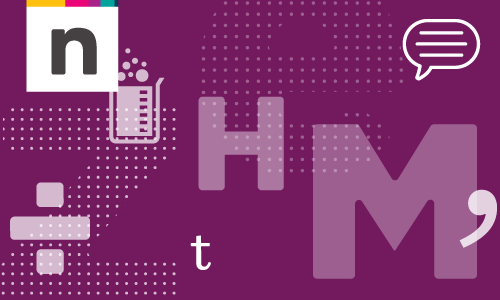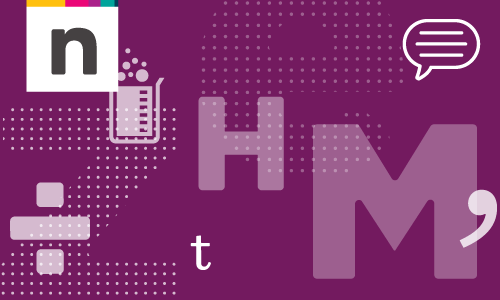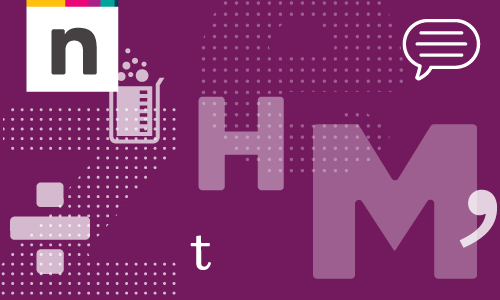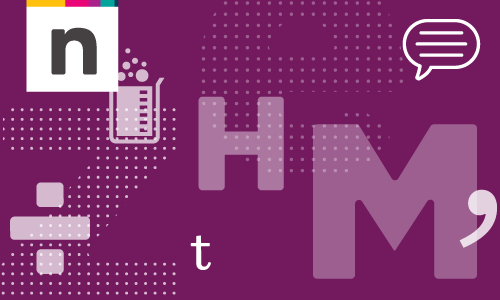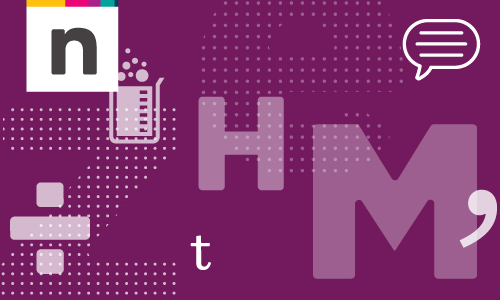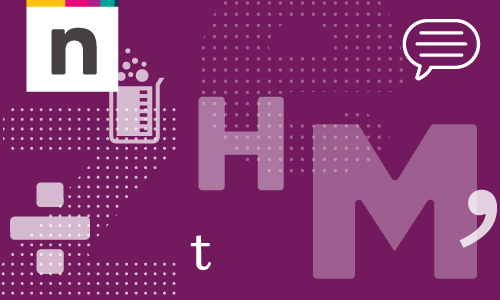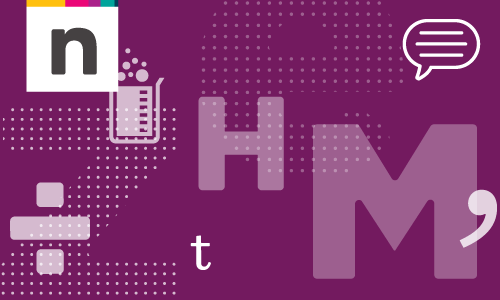Podcast
The Continuing Educator
Emergent bilingual student agency, with Angela Johnson, Teresa Krastel, and Adam Withycombe
November 9, 2021
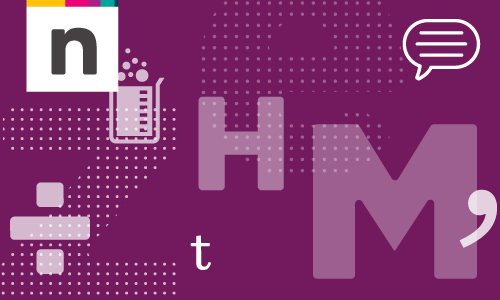
Description
Our education system had been failing our emergent bilingual students since long before the pandemic. How can teachers better serve the emergent bilingual students coming back to the classroom and build their agency as they become proficient? In this discussion, we cover how to recognize the assets emergent bilingual students bring with them, how to get back into the groove of academic language, and how to make room for both language and communication with English language learners. Our guests are three experts from NWEA (who all happen to be emergent bilingual speakers): Teresa Krastel (Spanish solutions lead), Angela Johnson (research scientist), and Adam Withycombe (content design and development).
Topics: Multilingual learners
Products: Professional Learning
Related Content
Related Topics


Fact Sheet
Este documento informtivo explica cómo MAP Reading Fluency con Coach identifica y cierra las brechas de lectura de los estudiantes de K-5.
(This fact sheet explains how MAP Reading Fluency with Coach identifies and closes K-5 student reading gaps.)
Topics: Early learning, Multilingual learners, Science of reading
Products: MAP Spanish, MAP Reading Fluency


Fact Sheet
MAP Growth en Español documento informativo (MAP Growth Spanish Fact Sheet)
Este documento informativo explica cómo MAP Growth mide con precisión los logros y el crecimiento.
(This fact sheet explains how MAP Growth accurately measures achievement and growth).
Topics: Assessment, Multilingual learners
Products: MAP Growth, MAP Spanish


Brochure
Evaluación dematemáticas, lectura y alfabetización inicial
Aprende cómo MAP Spanish ayuda a los docentes a identificar si existen brechas entre lo que los estudiantes saben en español y lo que pueden demostrar en inglés.
Topics: Multilingual learners
Products: MAP Spanish


Podcast
The Continuing Educator | Which back-to-school Barbie are you? With Shelby Coffin & Olivia Rocamora
Lots of great teaching stories and tips in this one! Two teachers (and longtime friends) join Kailey to get the tea on getting back to school. They talk back-to-school routines, first week tips, introducing yourself to new families, hitting the wall, relationship-centered learning, and more. And of course: What’s on your back-to-school playlist? Thanks to our guests: Shelby Coffin, ELA teacher @ Decatur High School, and Olivia Rocamora, high school Spanish teacher @ the Weber School.
Topics: Instructional strategies, Math, Multilingual learners, Professional learning
Products: Professional Learning


Podcast
The science of reading is both a body of research and movement in literacy education. How do we keep those two things connected when they’re not always aligned? What are most common myths about literacy instruction, how do we fight them? A roundtable of educators and specialists from NWEA join Jacob & Kailey to talk about how the science of reading works best in classrooms and where both the movement and the research are going.
Topics: Early learning, Education research, Equity, Instructional strategies, Literacy, Multilingual learners, Professional learning
Products: Professional Learning


Article
10 can’t-miss benefits of MAP Reading Fluency
All reading tests are not created equal. With helpful features, innovative reporting tools, and robust professional learning experiences, MAP® Reading Fluency™ is an early reading assessment unlike any other. Learn more about the equity-advancing, time-saving features included with MAP Reading Fluency
Topics: Assessment, Early learning, Equity, Instructional strategies, Leadership, Literacy, Multilingual learners, Professional learning
Products: MAP Reading Fluency


Video
Why educators choose MAP Growth
Why do educators choose MAP Growth for assessments? It isn’t just another test – it’s an innovative assessment that helps educators make decisions with confidence. Watch this video for a summary of how MAP Growth supports education excellence at all levels – from teachers to district leaders.
Topics: Assessment, Insights & reports, Literacy, Math, Multilingual learners, Professional learning, Science
Products: MAP Growth
